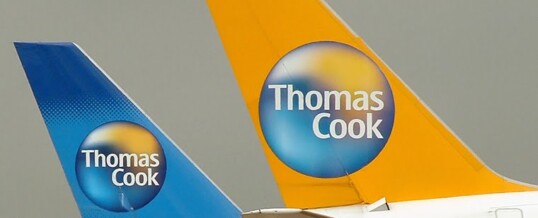I liked this piece from HotelInteractive. I’ve shortened it a little. I’m also happy that at Chanters Lodge we have newly introduced low and high season rates, special rates for Zambian travellers and have resisted the temptation/need to raise rates in line with increased costs. In Livingstone we are in a very competitive environment, and yes, Customers are shopping on price.
“Here’s confirmation of what many of us already knew: Millennial travelers don’t express hotel brand loyalty like their older brethren when it comes to booking leisure travel. And that could be a problem in the coming years for hotel industry executives trying to pin down this increasingly important group. Leisure travel makes up more than 75 percent of all hotel bookings in the United States, says U.S. Travel. So this emerging trend has the potential for massive upheaval of the status quo in the coming years.
Millennials are becoming an increasingly critical part of the hotel room buying mix, and at some point during the next decade will supplant the importance of Gen X travelers and Baby Boomers to the hotel industry’s bottom line. Millennials currently drive billions of dollars in spending decisions with many of those dollars going to hotels and travel related activities. And they have yet to reach peak spending!
And their travel buying behaviors are way different than the aforementioned older groups. Remember, this is the first generation that has never known a world before the internet and the way they have integrated technologies into their lives is wholly different than older generations. That’s going to make it tricky for hoteliers to capture Millennial’s loyalty for the long term, but they are trying! Worse yet, the problem seems to be seeping into the Generation X mindset as well which is making online bookers inherently less loyal as they are increasingly driven by factors such as price more than loyalty.
The new study “Who’s Sleeping with You? A Detailed Look Into the U.S. Online Hotel Guest,” reports that 123 million travelers researched hotel options online in 2013, with 92 percent subsequently booking rooms online. And by looking at an incredible one billion monthly travel transactions per month over a three month period, the study determined that because of an “expanding array of hotel options”, a “let-the-best-deal-win” mindset is now in place among the younger class of travel consumers.
This confirms a study earlier in the year from Driftwood Hospitality Management that queried the general managers of its managed hotels. In that survey released in September, 43 percent of Driftwood general managers believe price is the number one concern of millennial travelers when choosing where to stay for leisure travel.
Separately from this study another recent study released last month and conducted by
Harris Interactive and commissioned by Expedia.com and Egencia, said to book business travel, 32 percent of Millennials report using a smartphone, and 20 percent report booking on a tablet. Just 12 percent of those older than 45 used a smartphone, and even fewer used a tablet to book travel. Millennials are also much more likely to use mobile devices to enhance their travel experience, the study concluded.”
NOV














